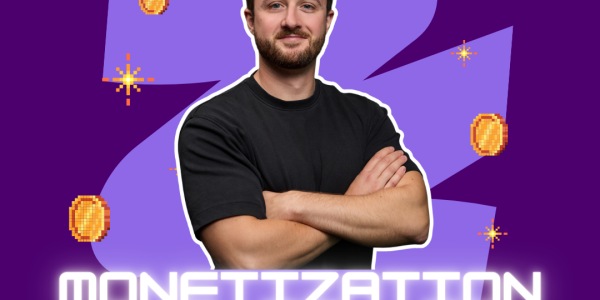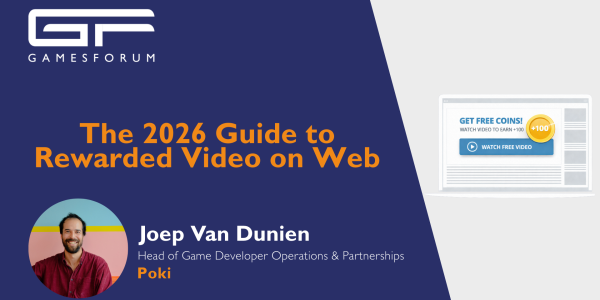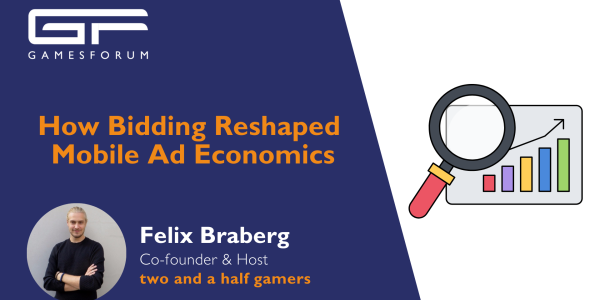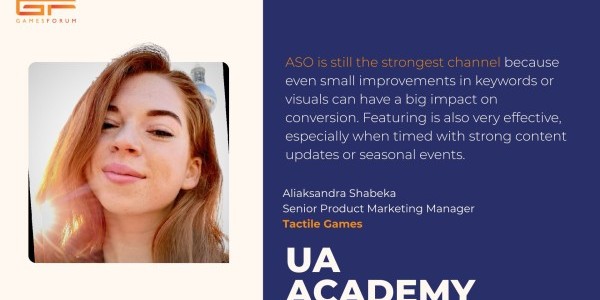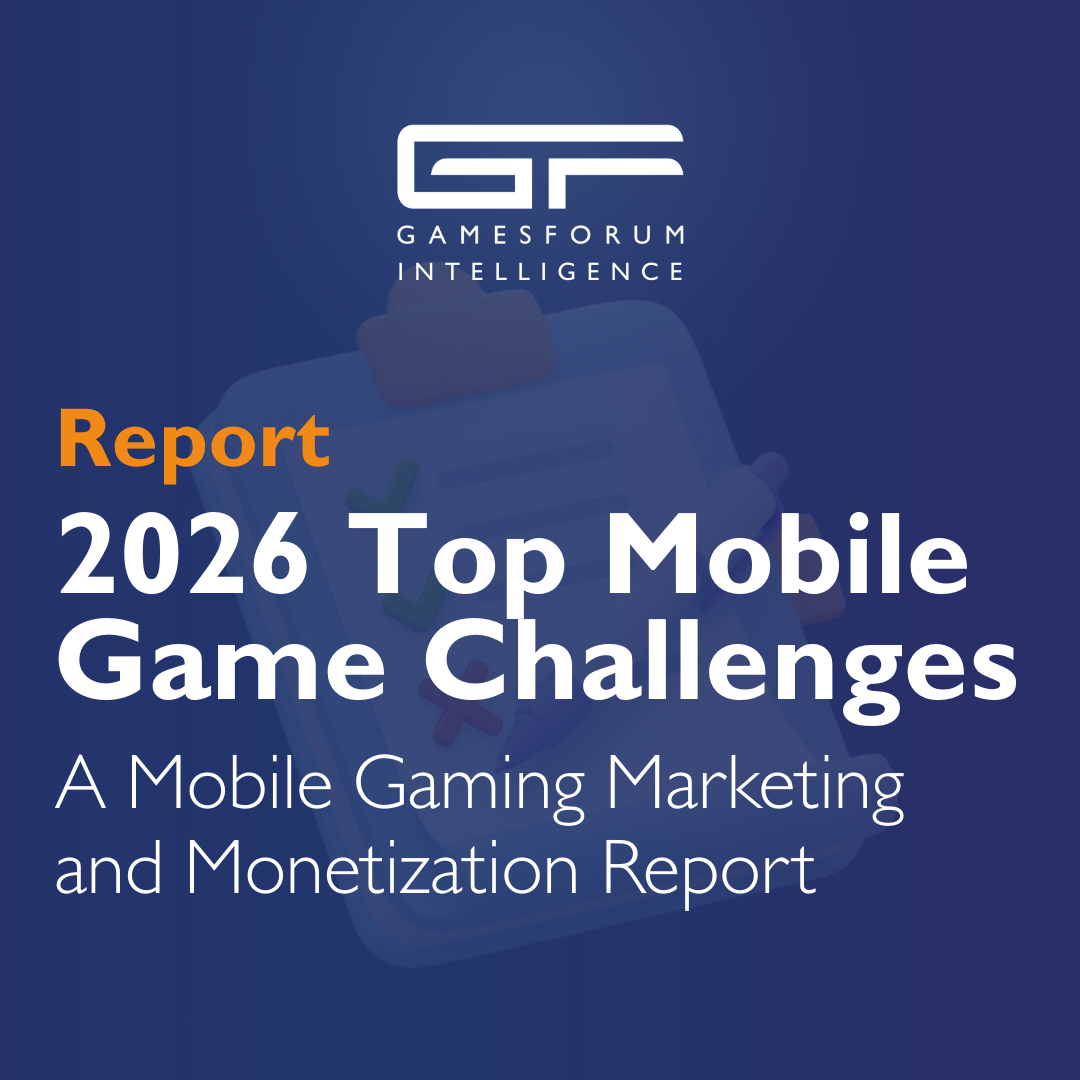Nimbus: Ready to redraw the mediation map

By John Speakman, CEO of Gamesforum
I had the chance to sit down with David Leviev to talk about Nimbus and there forays into the mobile gaming mediation scene. We talked about what makes them different, their observations on the mobile games space and what's next?
Hi David, tell us a bit about yourself.
Hi, I’m David Leviev, VP Programmatic Product Development here at Nimbus. I lead a team that oversees Business Development, Sales, Operations, Account Management and Solutions Engineering. We started Nimbus back in 2017 with a vision to help publishers take back control over the way their ad stack is monetized as well as add layers of transparency to auction dynamics.
Can you tell us more about Nimbus?
Nimbus is an in-app bidding exchange built to provide an agnostic auction house to publishers for programmatic monetization. We offer access to premium, tier one SSP demand partners through S2S connection calls, transparent reporting on log level data, and a managed service for optimizations and best practices. Our publisher-first platform has become a powerhouse for gaming as well as apps outside of games — in social, news, utilities etc. Across the board, we’ve generated an incredible amount of success for our partners' monetization strategies and bottom lines.
How much of your success so far has been driven by mobile game publishers?
Nimbus started as a platform for beyond-gaming apps to drive revenue through a seamless server-side connection. We’ve evolved over the last few years by developing a state-of-the-art SDK which many games have gravitated to. Alongside an ever-shrinking eco-system of acquisition, consolidation, and M&A, more and more mobile games felt the need for a platform like Nimbus to keep the auction honest. We’ve been able to listen to a lot of pain-points in the gaming market which opened the door for our product to take lead and help our publishers go forward. Over the past two years, gaming has been a focal point of ours that has driven much success and positive case studies.
It’s interesting to see an outside mediation platform entering the mobile games market, why have you chosen to enter the industry?
Just how Nimbus entered the beyond-gaming market, our approach to mobile games has been similar. We’ve been asked to help fill a critical void in the gaming space where transparency is not always present, where we can hand the keys to our gaming publishers to drive their own monetization decisions and provide an ability to connect games, from all publishing suites, closer together for UA and Supply transactions. Because of how mediation has evolved over the years, it’s safe to say that Nimbus is the only platform today that can achieve this goal.
What are your observations on the current mediation scene in mobile games?
With MoPub’s deprecation, mediation has lost a player that provided an unbiased and agnostic decisioning tree to publishers for Programmatic OMP. Since then, we’ve seen continued consolidation that offers less transparency and less competition. Gaming publishers are losing options and groundwork that they once felt confident in. I’m part of a few publishing groups around User Acquisition and Supply-Side monetization, and the topic of concern that most commonly is addressed is that they’ve lost the ability to choose when it comes to mediation. And, with that, have lost their voice in the conversation about the future of games.
Why haven’t you chosen to market yourselves loudly yet?
We believe our work speaks for itself. We’ve been in the market for close to five years while capturing the majority of beyond-gaming share of voice. The last two years, we’ve focused heavily on gaming and, with that, formulated exciting and fantastic enterprise partnerships – all without marketing. We want our product, our mission, and our team to be sold by the success of our existing relationships on all sides; Publisher Supply, Publisher UA as well as Demand.
How is Nimbus different?
Mediation’s single goal is to represent the publisher’s best interest for each and every inventory opportunity. There are a few different levels in which both mediation platforms mentioned offer a conflict of interest. They both insert their demand — in the form of Ironsource and AppLovin — into the auction. With that, there is no way to trust whether the inventory is being sold for the best price, or in the best interest of their advertising sales arm. Additionally, both platforms own gaming studios, making them immediate competitors to all games that had put trust in their product for Supply and UA transactions.
Nimbus does neither – by design, we opt out of buying our publisher’s traffic and instead, act solely as a decision maker for best and highest price. We do not hold stake in any games or studios, making us a truly fair player with our publisher’s interest firmly as our number one priority. In addition, Nimbus is transparent not only in reporting, but also in integration. We expose our bid before the auction is settled, allowing our publishers to make a final decision on how to deliver on their inventory opportunity. There’s a laundry list I can go into but for the sake of time, let’s keep it to these bullets.
What does the future bring for Nimbus?
The future is an exciting one for Nimbus. We’ve built an incredible platform that helps hundreds of publishers and apps every day. Our product will bring gaming publishers' UA and Supply teams closer together while mitigating costs through unnecessary hops – (we’re really excited about this project.) We have a ton of product features and enhancements that are scheduled to be published in the next few months that we believe can continue to decrease operational overhead while increasing performance in the ad stack. Games don’t need to feel like they don’t have an option anymore – Nimbus can be the shepherd that drives games into 2023.
David, Thanks for taking the time to speak with Gamesforum


